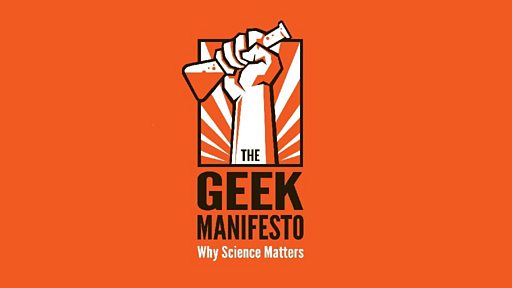
As Henderson details in the introductory chapter, we have an opportunity to "embed critical thinking more deeply in the political process." The book seeks to suggest how we can rise to this challenge, stating that "precisely what politicians think is less important than how they think."
In the following eight chapters, he presents his arguments for "why science matters to..." politics (voting), government (policies), the media, economics, education, justice, medicine and the environment. A true scientist, Henderson encourages us to question what we are told, and he presents strong evidence to support his arguments - references included so that you can see for yourself.
Every page I read had me saying "Yes! You're so right! Why don't people see that?!" and if you're half as much a geek, you'll agree. One person who agreed with me is Dave Watts, who started a pledge to send every MP and Welsh Assembly Member a copy, which was carried out just over a year ago. Mark Lorch suggests sending a letter to your MP to see if they've read it and what impact is has had on them - some people have done so, and received feedback.
If you've read it, post any thoughts in the comments below. If you haven't, why are you sitting there still? Go find a copy!
Follow mark henderson on twitter @markgfh